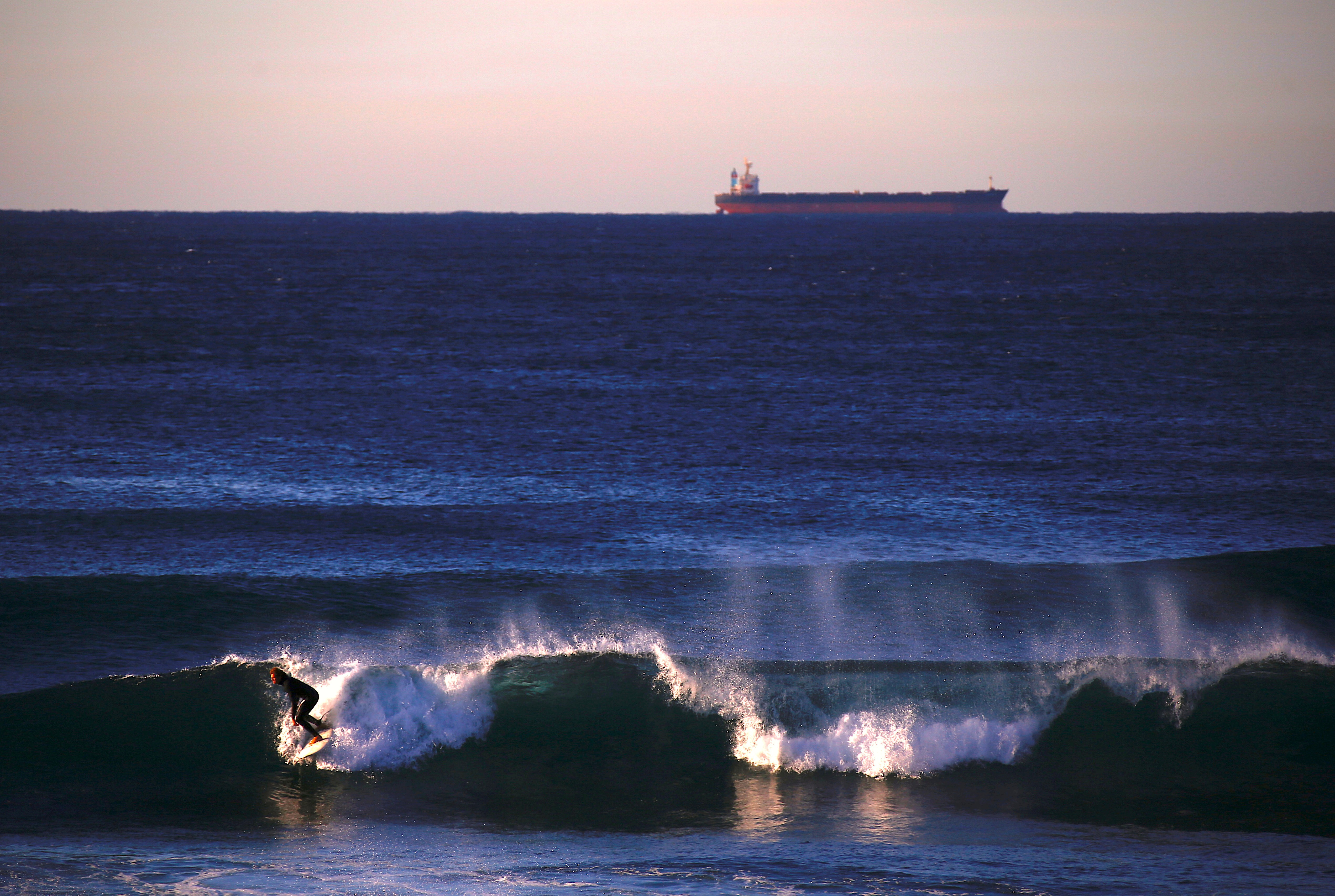
By Henning Gloystein
SINGAPORE (Reuters) – Australian thermal coal prices have fallen to their lowest since April 2018 as a slowdown in Chinese imports dents demand for the commodity.
Spot cargo prices for Australian thermal coal exports from the port of Newcastle were last settled at $95.75 per tonne, the lowest since a spike in April 2018 pushed prices above $100 a tonne.
The 6 percent slump since the start of the year is a result of a sharp slowdown in Chinese imports of coal.
(GRAPHIC: Australian Newcastle coal price – https://tmsnrt.rs/2Bqjibs)
Refinitiv ship tracking data on Friday showed dozens of large dry-bulk carriers sitting outside China’s major coal import terminals, waiting to unload.
“As far as we know, Australian metallurgical and thermal coal vessels still cannot clear customs in China, and there have been reports of customs officers telling customers that the blockage will continue at least until the end of February,” said a senior analyst with a coal merchant in Singapore.
He declined to be named due to company policy.
China has been celebrating the start of the Lunar New Year this week, resulting in an almost complete shutdown of official business.
However, customs had already been slow to clear imports in the weeks running up to the holiday, with no official reasons given.
Trade data in Refinitiv showed Chinese coal imports to have dropped from 4.67 million tonnes in week four of 2019 to 3.57 million tonnes a week later. Australian coal exports dropped from 8.36 million tonnes to 7.46 million tonnes during that time.
(GRAPHIC: Australia coal exports vs China coal imports – https://tmsnrt.rs/2tbt9xa)
High inventories could be part of the import slowdown.
“Total (coal) stocks at the main Bohai sea ports of Caofeidian, Qinhuangdao and Jingtang in Northern China totalled 16.01 million tonnes as of Feb. 2, 2019, over 5 million tonnes higher year-on-year,” said Vishal Thiruvedula, Refinitiv coal analyst, in a report published this week.
Beyond the this, the upcoming end of the peak winter heating seasons would also dent coal demand, two traders said.
“Temperatures will moderate across the Northeast (of China) in the 6 to 10 day time frame, while North China remains mild,” said Refinitiv weather analyst Ed Whalen.
For Japan and South Korea, the region’s other main coal importers, “the temperature pattern is fairly similar … (with) slightly warmer than normal” conditions, which imply relatively low thermal coal demand towards the end of winter.
(Reporting by Henning Gloystein; editing by Christian Schmollinger)


